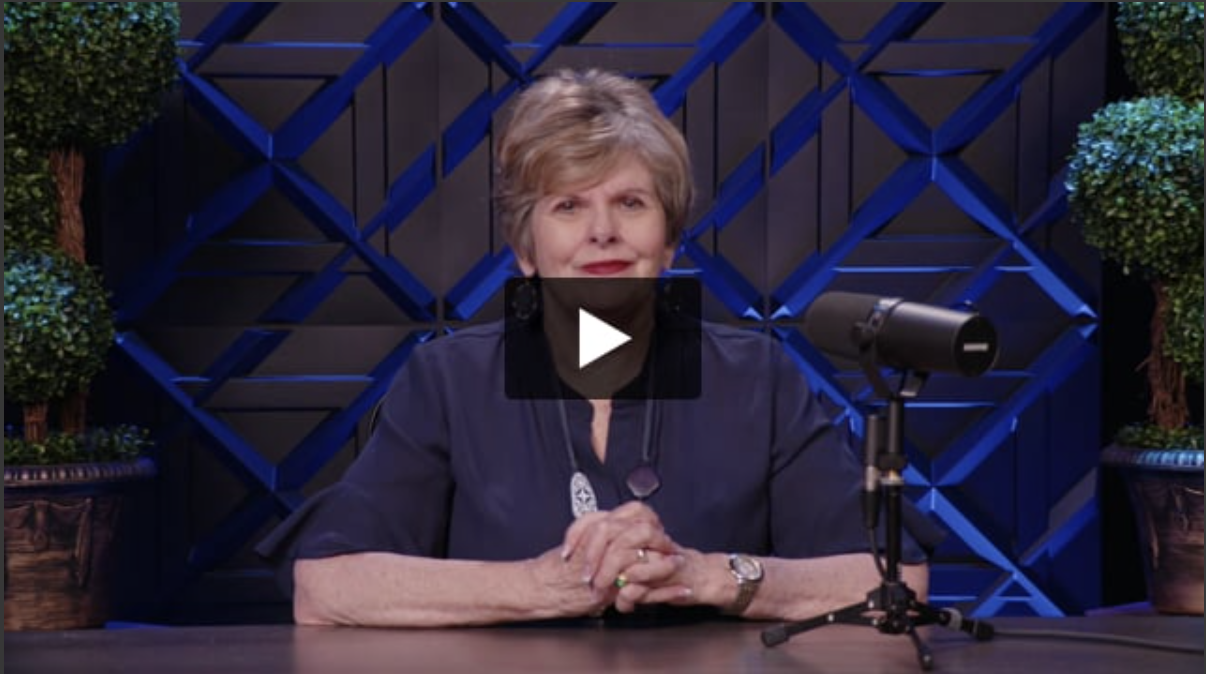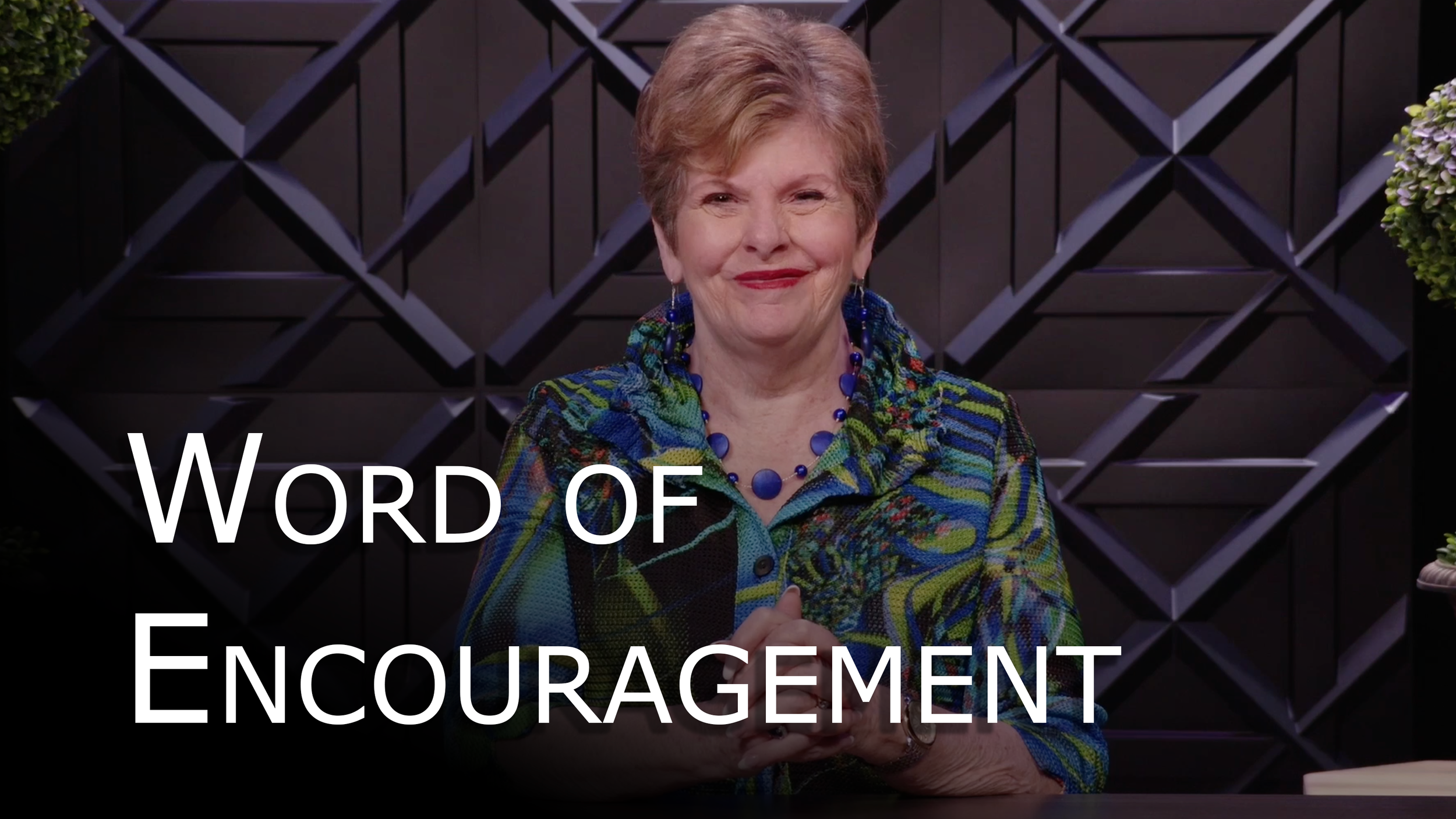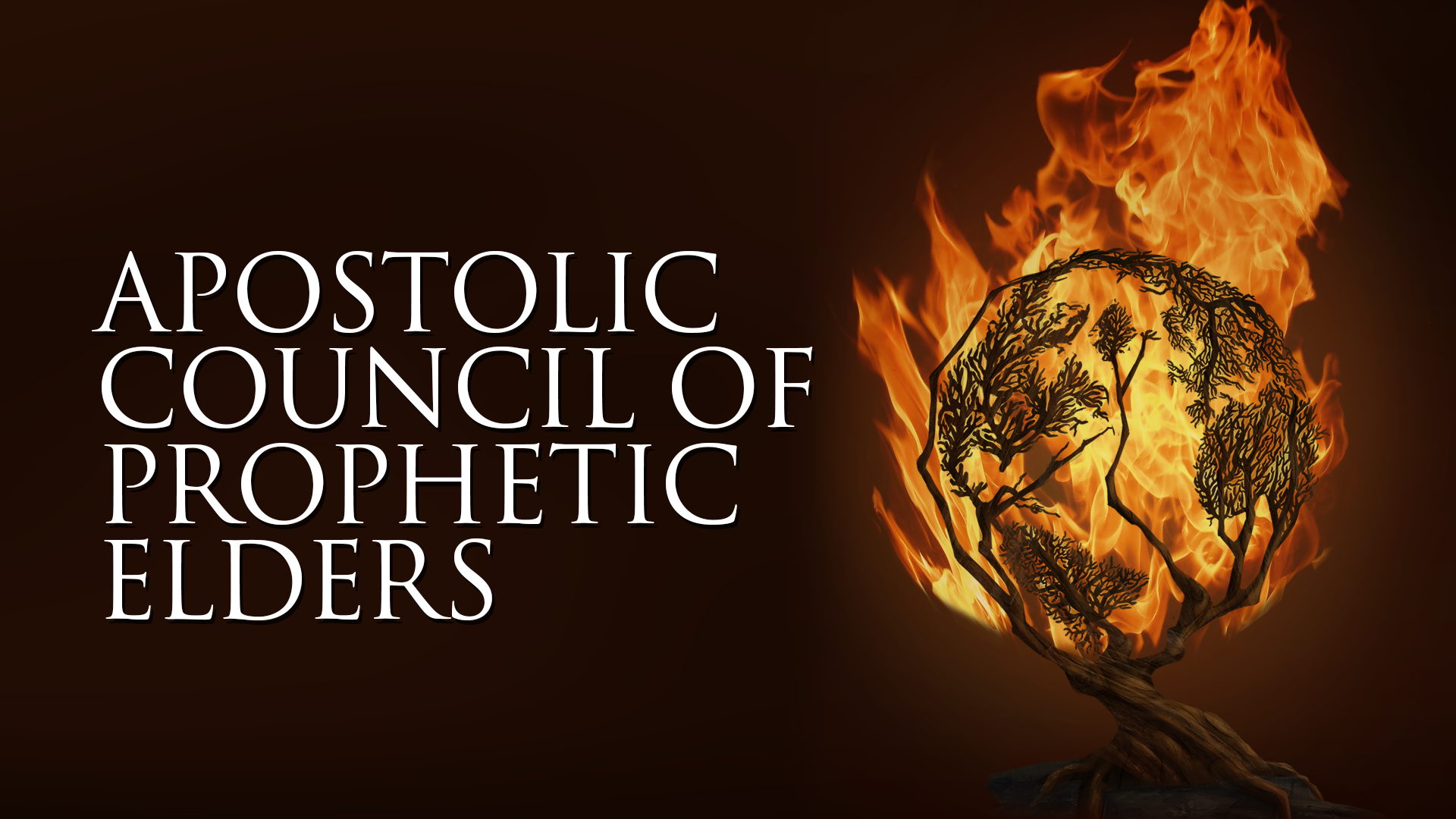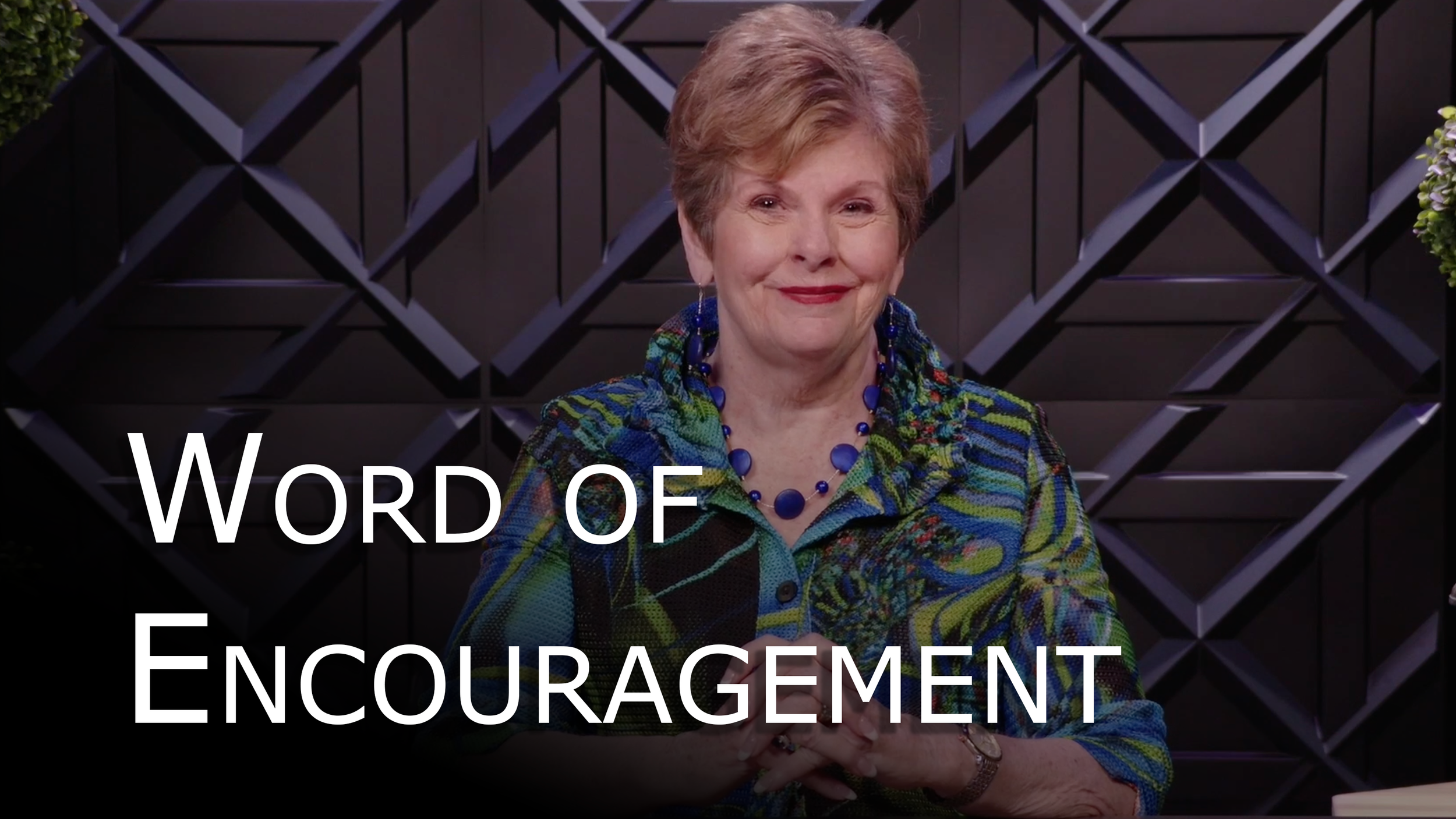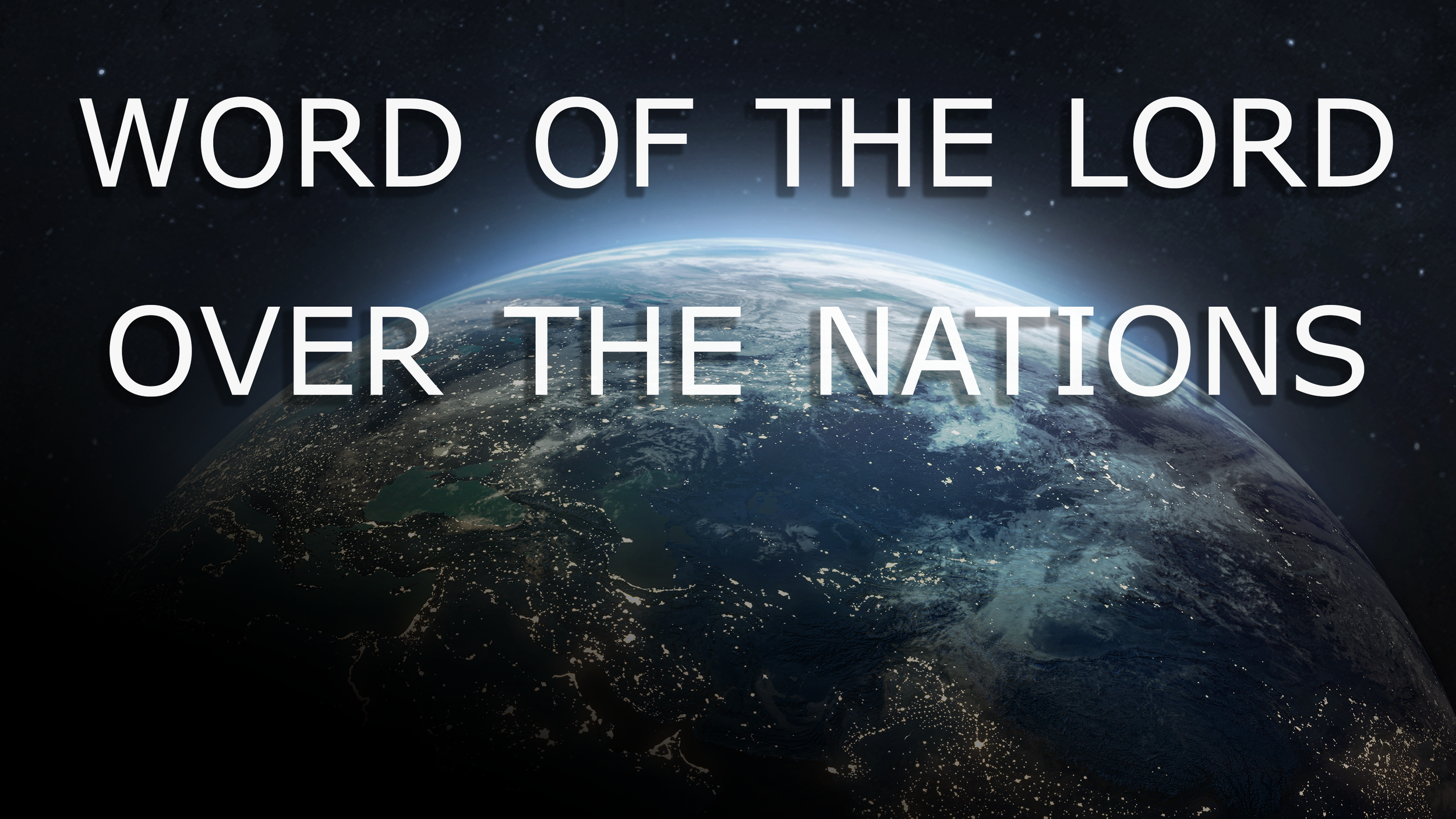God has chosen to reveal Himself and establish His kingdom through ordinary, imperfect people. What a mind-blowing thought! As a result of the “imperfect” part though, sometimes we hurt each other.
Relationships can be a complex thing, and being believers doesn’t exempt us from the challenges. Many of us have a deep longing to fulfill the call of God on our lives, but we can find ourselves completely derailed by the pain of wounds inflicted on our hearts by others.
These wounds are magnified when we see conflicts between churches, ministries, people groups, and political ideologies. With so much tension, it might seem impossible that we could get past our hurts to ever accomplish anything useful, much less eternal.
God wants to bring healing to all of our wounds and relationships, ones we’ve personally experienced and even ones we’ve inherited historically–things like racism and prejudice that are frequently passed from one generation to another. He even wants to see things made right between nations who have wronged each other and treated each other with injustice.
Perhaps this sounds impossible or idealistic to you. Perhaps we will never see the full picture of reconciliation happen in this lifetime. Nevertheless, it is God’s heart for His people, so we continue to spread the message and actively work to build community in places where it has been broken or lacking altogether.
This level of relationship and healing is only possible when our hearts have been transformed by the truth of who God is. Then, as our hearts are changed from the inside out and our relationships are restored, we can link arms to work towards reformation.
In her book Reformation Manifesto, Cindy defines reformation as:
an amendment or repair of what is corrupt, to build the institutions of our governments and society according to their God-ordained order and organization. It means to institutionalize God’s will in how we do our daily business, deal with the poor, administer justice, make our laws, teach our children, and generally live our lives. It is to give people a license to do good and not a license to sin. It means turning our communities into places where God’s blessings flow from person to person just as God sees them flow in heaven. (1)
When we realize that the transforming work God has done in us is not only for us, but also for the community around us, we begin to see our families, jobs and relationships as opportunities for God’s kingdom to be displayed. We realize God’s principles not only work within the walls of the church, but that He has principles that can benefit every area of society.
We believe in the value of godly leaders and righteous laws, but we also know that laws alone cannot change people’s hearts or make righteous nations. Nations are discipled when ordinary people like you and me begin to actively integrate our knowledge of God, our spiritual gifts, and our love for people into the fabric and infrastructure of what we do every day.
Can you imagine what it would be like if any place you went–the grocery store, the bank, your local schools and city government–men and women were using kingdom principles to make decisions and carry out responsibilities? What would your city look like? What would your nation look like?
This is the dream and vision we carry in our hearts. We relentlessly pray, teach and equip because we know that as lives are changed through reconciliation and transformation, nations will be changed through reformation.
Recent Posts

